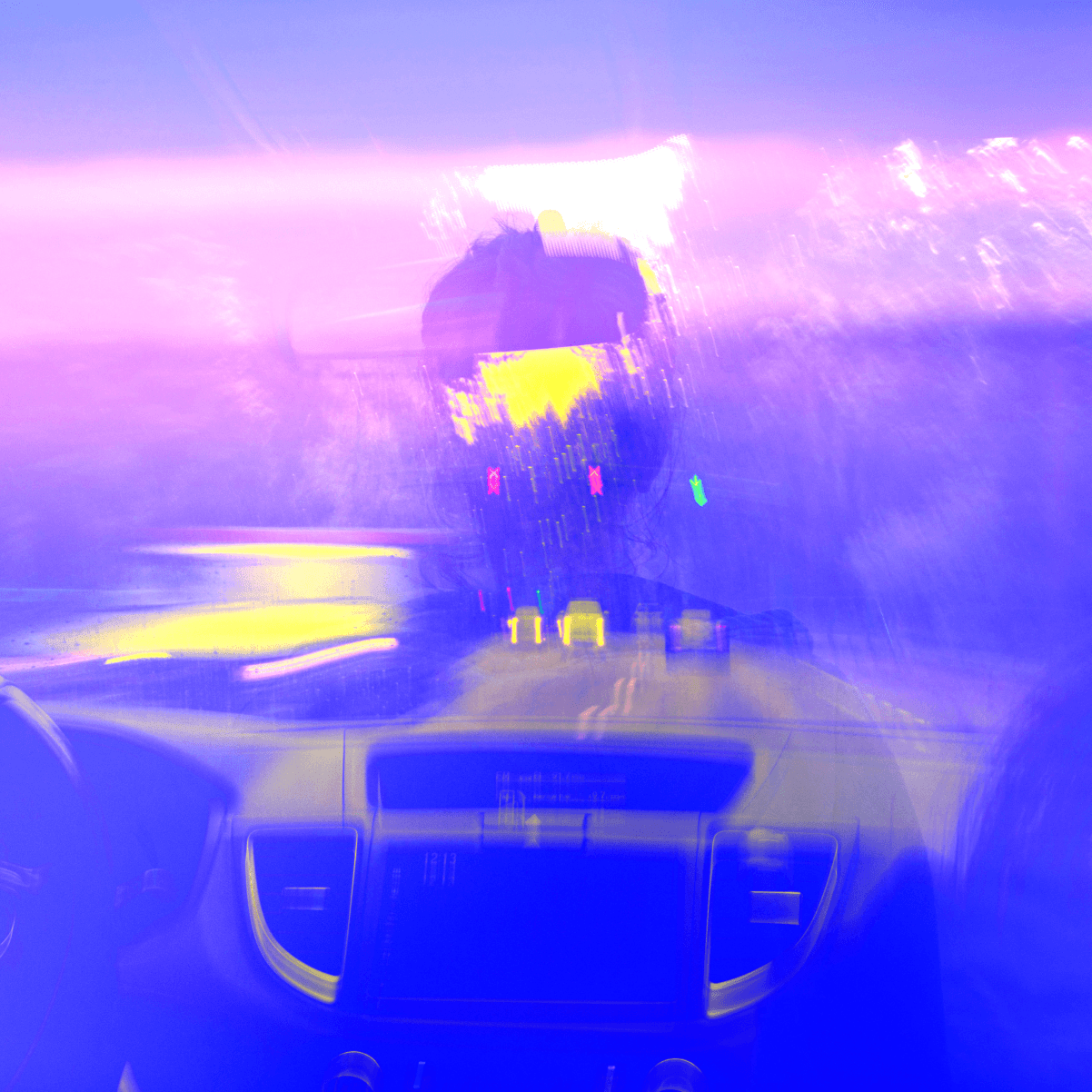I thought alcohol would take the edge off, but it kinda makes it worse?
If you’ve ever reached for a drink to calm your nerves only to find yourself feeling even worse later on, you’re not alone. It’s a common belief that alcohol can help take the edge off anxiety, but the reality is that it often backfires, making anxiety and panic worse—especially the next day when you’re hungover. Let’s break down why alcohol isn’t the quick fix it might seem to be.
Alcohol is a depressant, and in the moment, it can make you feel more relaxed by slowing down your nervous system. That initial buzz can feel like relief, dulling the edge of anxiety and making social situations or stressful moments feel more manageable. But this effect is temporary. As your body processes the alcohol, those calming effects fade, often leaving you more anxious than before.
Once the alcohol wears off, your body can experience what’s known as the rebound effect. To compensate for the initial calming influence of alcohol, your nervous system can swing in the opposite direction, increasing your anxiety levels. It’s like your body is trying to balance itself out, but in doing so, it overshoots, making you feel jittery, restless, and even more anxious.
The next day, when you’re hungover, the anxiety can really ramp up—often referred to as “hangxiety.” Alcohol disrupts your sleep, dehydrates you, and messes with your blood sugar, all of which can make anxiety symptoms worse. The fatigue and dehydration from a hangover can mimic anxiety symptoms like rapid heart rate, dizziness, and muscle tension, creating a perfect storm for panic. Add to that the guilt or regret that often follows a night of drinking, and it’s no wonder your anxiety feels out of control.
Alcohol messes with the balance of neurotransmitters in your brain, especially those that regulate mood and anxiety. Initially, it boosts levels of certain chemicals like dopamine, which can make you feel good in the short term. But as those levels drop, so does your mood, and anxiety can skyrocket. This disruption in brain chemistry can linger even after the alcohol has left your system, making anxiety worse for hours or even days.
One of the worst things about alcohol-induced anxiety is the feeling of losing control. If you’re already prone to anxiety or panic attacks, the unpredictability of how alcohol affects your mood and thoughts can be unsettling. That lack of control can be a major trigger, making you feel even more vulnerable and anxious.
If you find that alcohol tends to make your anxiety worse, it might be worth cutting back or exploring other ways to cope. Drinking less—or not at all—can help you avoid the vicious cycle of using alcohol to calm down, only to feel even more anxious later. Instead, try other relaxation techniques like deep breathing, exercise, or mindfulness, which won’t leave you with the rebound effects or hangxiety the next day.
Ultimately, while alcohol might seem like an easy way to take the edge off, it often makes anxiety and panic worse in the long run. Recognizing this pattern is a step toward finding healthier, more effective ways to manage your anxiety without making things harder on yourself.
